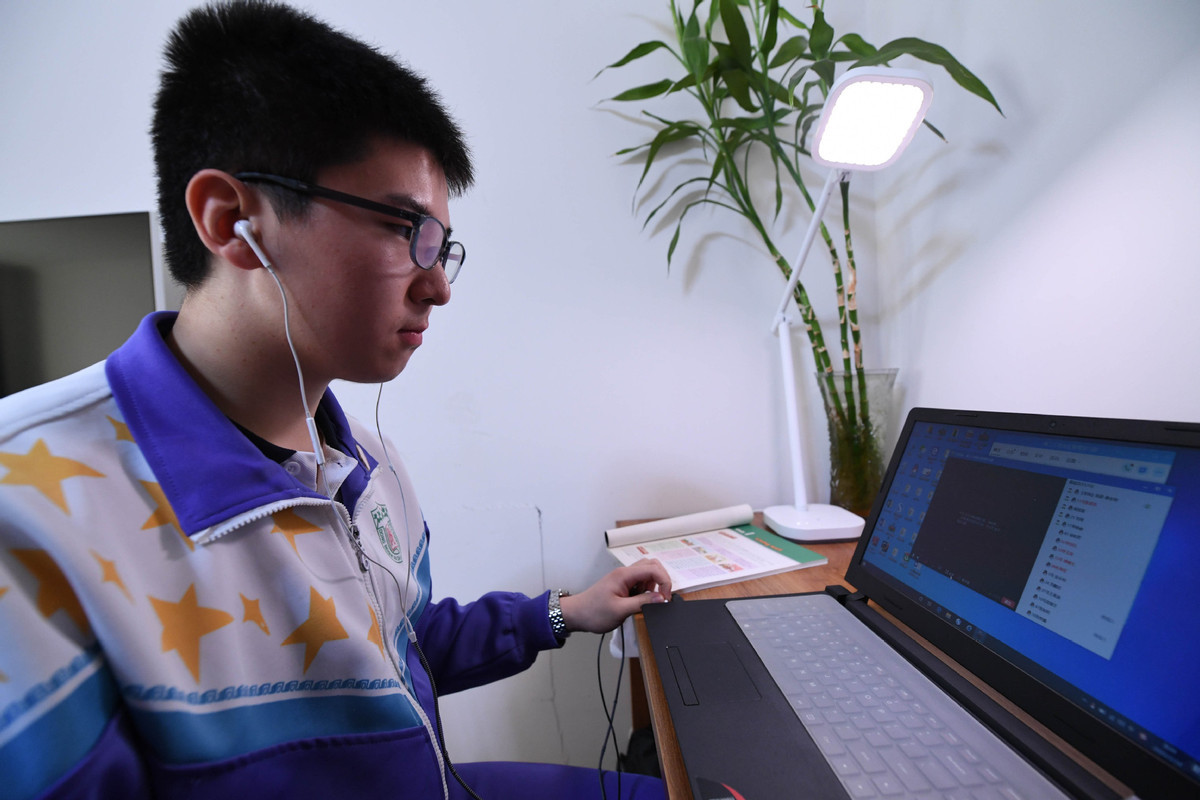Crisis will end, but working at home may be here to stay


The arrival and spread of COVID-19 has upended working and studying worldwide, and forced methods of production to be adapted for people to work from home.
The concept of using technology to allow employees to work from home is hardly new, but the irony is that it has taken a devastating pandemic to force the workplace culture to be more receptive to the concept.
The change presents multiple advantages, not least of which is that it allows parents with young children to maintain their careers. Otherwise, they would have to quit their jobs to take care of their children.
It also allows employers to cut down their overhead, since they no longer have to maintain a large office, which is a drain on company expenses in cities such as Hong Kong and Tokyo.
As more businesses start to discover the beauty of allowing their employees to work from home, many industry leaders may want to adopt it on a more permanent basis once the crisis is over.
The advantages extend beyond employer and employee, since this would cut down on the daily commute, which translates into a significant reduction in carbon emissions by those who used to drive to work.
Furthermore, it gives employees more time to do productive work. Hence, it would result in a triple win: for the environment, the employer and the employee.
This should be welcomed by all. Imagine the elimination of the daily commute costs, time and associated stress, and the positive impact on the environment.
Studies have demonstrated that productivity increased for many employees when working from home as they faced fewer distractions. Being in charge of their own time, they were more focused on finishing their tasks.
A study by Stanford University in 2017 evaluated the benefits of working from home and found encouraging results.
While showing that workers were more focused and productive, it also found that they generally worked more hours overall, took fewer breaks, used less sick leave, and felt a stronger sense of achievement than their counterparts working in offices. Some even managed multitasking successfully, looking after their young children at home.
Individual health levels also improve when working from home. More attention goes into meal preparation and there are more opportunities to exercise.
At the same time, more time can be spent with family members, leading to a decrease in stress levels, according to a 2011 study. Employees working from home were less likely to quit than those who went to the office on a regular basis but had a problem focusing due to concerns about domestic issues.
Working from home permanently would not be suitable for everyone and for all occupations. But it could still be considered on occasion for the average office worker, as currently is indeed the case with several companies.
It would be of special help for certain people, such as mothers who have to juggle their careers with family duties, workers who must spend a lot of time and resources commuting, and, most crucially, the physically handicapped.
Employers would benefit greatly from this increased productivity. Many would also save money over the long term, as some research has suggested. Work-from-home protocols have often made companies think more carefully about expenses and whether they are absolutely necessary, especially in regard to renting office space and buying equipment.
Furthermore, employers would have more opportunities to hire the most suitable professionals to meet their needs from anywhere, unrestricted by geography.
The uncertainty created by COVID-19 has spread anxiety, stress and fear to dangerous levels. It has become important, therefore, for people to consider options that could help promote peace and harmony. While it is understood that happiness is derived from multiple factors, a more flexible working environment would be a good start.
More countries around the world, from Canada to New Zealand, had already begun promoting remote working before COVID-19 reared its ugly head, with many employees regularly fulfilling their duties from home once a week or more. There's no reason others couldn't follow suit.
The pandemic may yet force us to open our eyes to new and more productive and better ways of accomplishing our professional as well as domestic goals.
The author is a visiting lecturer at Education University of Hong Kong.
































